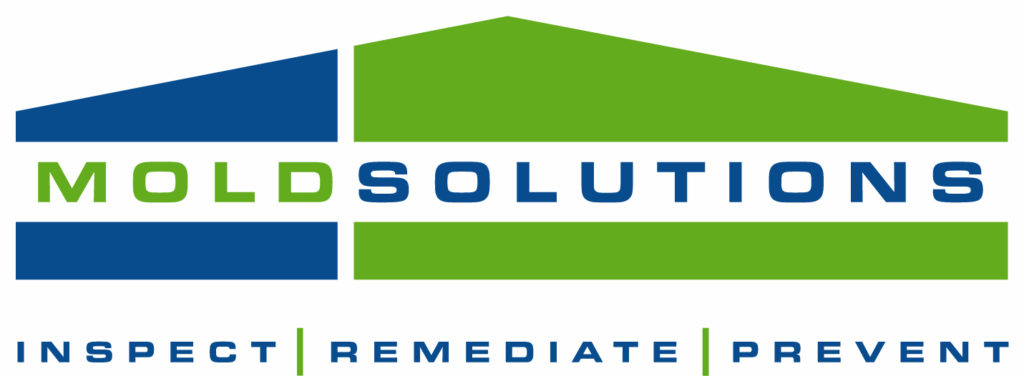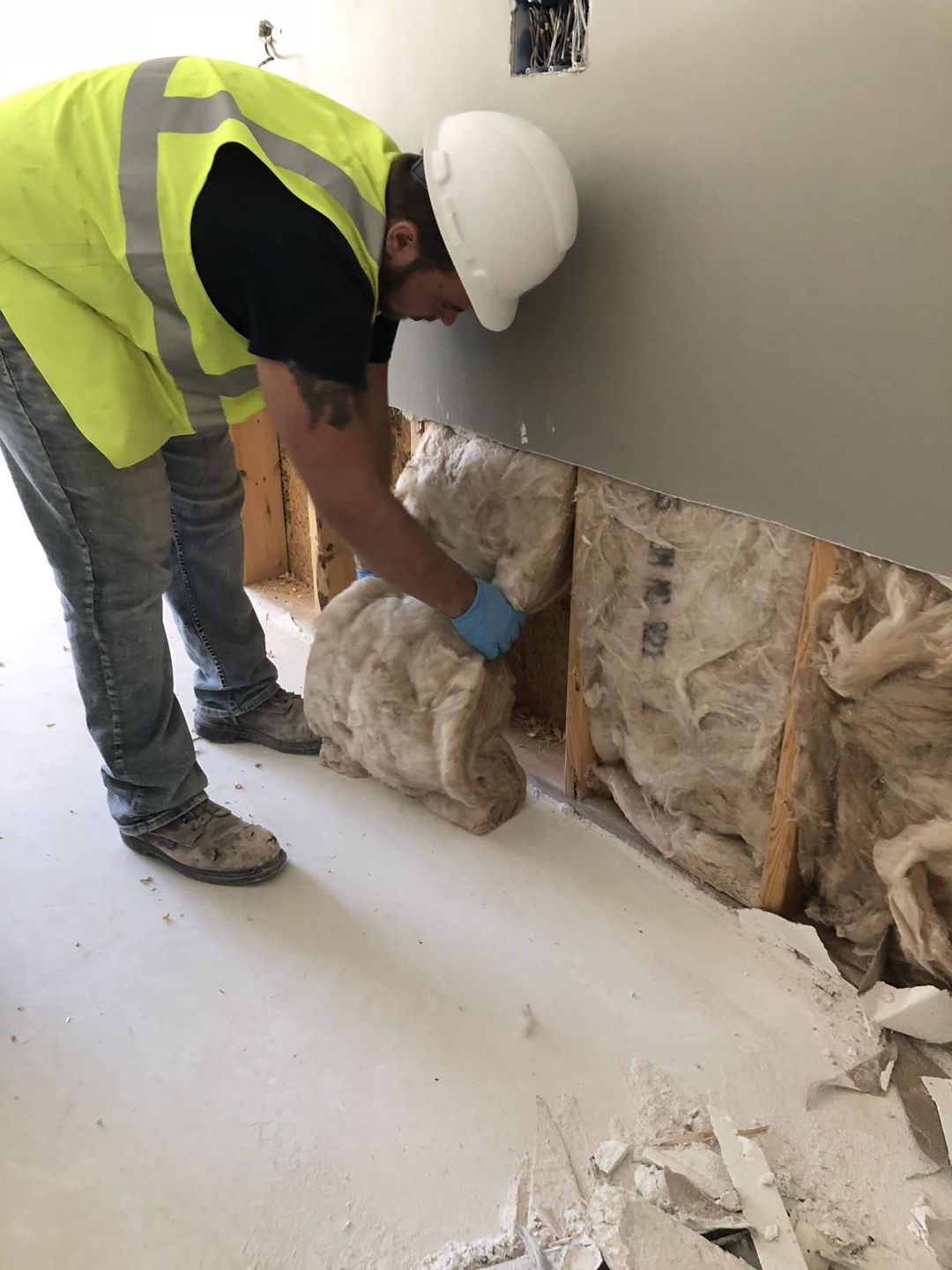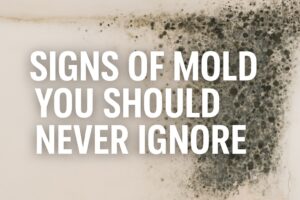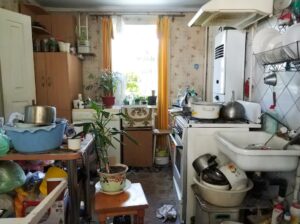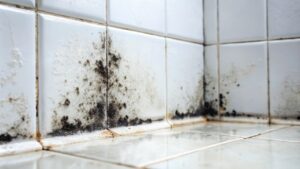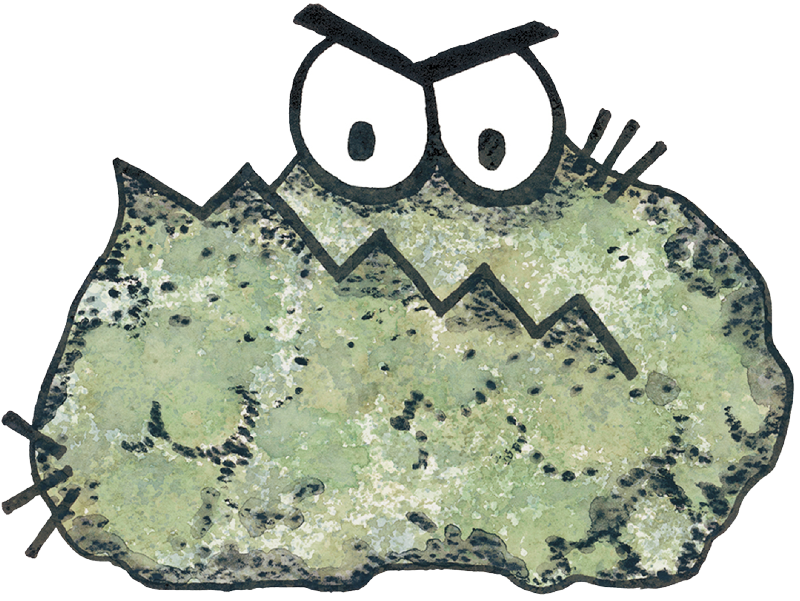Fiberglass insulation is a popular choice for many homes in St. Louis and Chicago due to its affordability, durability, and energy efficiency. However, homeowners often wonder: can mold grow on fiberglass insulation? While fiberglass itself doesn’t provide an ideal food source for mold, certain conditions can still lead to mold growth on and around fiberglass insulation. Let’s explore how mold can develop on fiberglass insulation, the potential health risks, and what Mold Solutions can do to help you keep your home safe and healthy.
Why Mold Can Appear on Fiberglass Insulation
Although fiberglass insulation is generally mold-resistant, mold can still grow on dust, dirt, or other organic debris that may collect on its surface. Mold thrives in moist environments, and factors like St. Louis’s frequent heavy rains and Chicago’s fluctuating humidity make homes in both regions more susceptible to moisture issues that encourage mold. Here’s how moisture can impact your insulation:
- Leaks and Condensation: Plumbing leaks, roof leaks, or condensation from HVAC systems introduce moisture into wall cavities or attics, where fiberglass insulation is often installed.
- Humidity Levels: Both St. Louis and Chicago experience seasonal humidity changes, and high indoor humidity—especially in basements—creates an environment where moisture can accumulate on insulation.
- Poor Ventilation: Insufficient airflow in areas like attics and basements can trap moisture, increasing the likelihood of mold growth on insulation and surrounding materials.
Once moisture is present, mold spores can settle on the dust and dirt that naturally collect on insulation over time, allowing it to spread across insulation surfaces and into nearby areas.
Signs of Mold on Fiberglass Insulation
Since insulation is often hidden within walls or attics, mold growth may go unnoticed until there are clear signs. Look out for:
- Musty Odors: A persistent musty smell can be a red flag for mold.
- Discoloration: Dark spots on walls, ceilings, or insulation indicate mold growth.
- Health Symptoms: Mold exposure often triggers allergies, respiratory issues, or headaches. If these symptoms worsen at home, mold might be the cause.
If you detect any of these signs in your St. Louis or Chicago home, it’s essential to reach out to Mold Solutions for a thorough inspection and immediate intervention.
Health Risks of Mold on Insulation
Mold can cause various health problems, especially for those with allergies, asthma, or weakened immune systems. Common symptoms of mold exposure include:
- Sneezing and nasal congestion
- Coughing or wheezing
- Eye irritation
- Skin rashes
When mold growth becomes extensive, it can significantly impact indoor air quality, leading to long-term health issues for your household. Mold Solutions has the experience and tools to assess and address mold on insulation, ensuring a safe, healthy environment for your family.
How Mold Solutions Can Help Remove and Prevent Mold on Fiberglass Insulation
If you suspect mold on your insulation, it’s important to act promptly to prevent it from spreading. Mold Solutions offers specialized services in both St. Louis and Chicago. Here’s how we can help:
- Professional Mold Remediation: We’ll safely assess and remove mold-infested insulation to prevent cross-contamination, utilizing our advanced tools and expertise.
- Humidity Control Solutions: Mold Solutions can recommend dehumidifiers and ventilation improvements to help you maintain safe humidity levels, especially in moisture-prone areas like basements.
- Leak and Water Damage Repairs: Inspections for potential leaks around plumbing, windows, or roofing can help identify moisture issues that contribute to mold growth. Addressing these areas may prevent future mold concerns.
- Duct Cleaning and Ventilation: As colder months approach in St. Louis and Chicago, duct cleaning is especially important. A mold-free HVAC system helps reduce the chance of spores circulating indoors, maintaining a healthier environment.
- Mold-Resistant Solutions: For areas with a history of moisture problems, we offer mold-resistant insulation suggestions, adding an extra layer of protection for your home.
FAQs About Mold and Insulation
Q: Can I clean mold off fiberglass insulation myself?
A: Removing mold from insulation can be challenging and, if done improperly, can release mold spores into the air. It’s best to call Mold Solutions to handle it safely and effectively.
Q: Is all insulation prone to mold growth?
A: Mold-resistant insulation materials, such as closed-cell spray foam, offer better protection against mold. However, any insulation exposed to moisture and organic material can potentially harbor mold.
Q: How can I tell if my insulation needs to be replaced due to mold?
A: If mold growth has penetrated deeply into the insulation, it may need to be replaced. Our specialists at Mold Solutions can assess the extent of the mold and advise on the best course of action.
Choose Mold Solutions for Expert Mold Remediation in St. Louis and Chicago
While fiberglass insulation may not directly support mold growth, dust, and moisture can create the perfect environment for mold to take hold. Proactive moisture control, routine inspections, and professional remediation from Mold Solutions can help keep your home mold-free. Our team of experts in St. Louis and Chicago is here to address all your mold concerns and provide effective solutions tailored to the unique climate challenges of each area.
If you suspect mold on your insulation or elsewhere in your home, don’t wait. Contact Mold Solutions today to schedule an inspection and keep your home a safe, healthy space. We’re committed to helping St. Louis and Chicago homeowners protect their homes from the risks of mold all year round!
